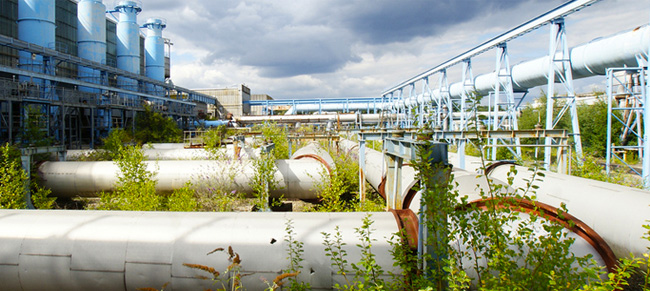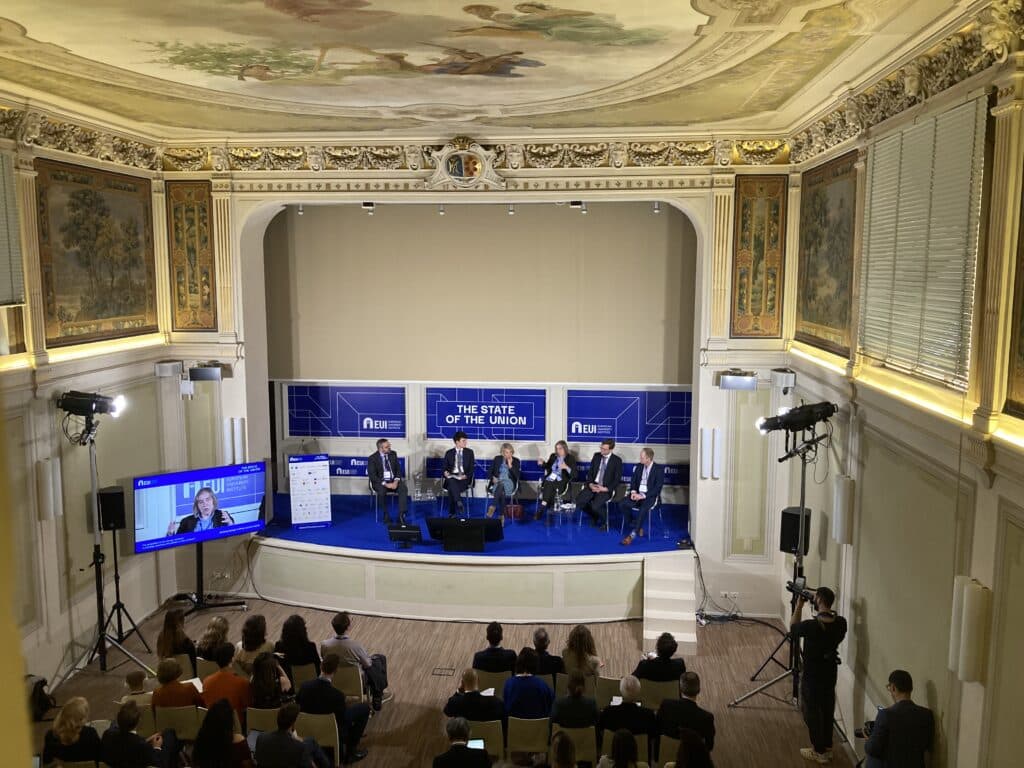On October 26 2017, the FSR Energy Law and Policy Area organised the Seminar “Future Challenges in the EU Gas Market”.
Security of Supply is still deemed one of the biggest challenges of the Internal Gas Market. The new Security of Supply (SoS) package is envisaged to be implemented from November 1st 2017. The SoS provisions related to the “solidarity mechanism”, as well as the newly adopted Intergovernmental Agreement Decision (April 2017), represent a step in the right direction : safeguarding security of supply for the European consumer, at all times. Both pieces of legislation complement each other in terms of compliance and structural checks (economic flows) of the Agreements signed with third party countries.
Security of Supply used to be guaranteed through the conclusion of Long-term contracts (LTCs). Nowadays, almost nobody concludes new LTCs, as the already existing ones are expected to expire by 2025-2030. Exceptionally, in July 2017, a new long-term gas supply contract was concluded between the Government of Croatia and Gazprom, for a period of 10 years.
The antitrust dimension represents a big part of the well-functioning of the Internal Gas Market. This is changing fast, and strictly enforced antitrust rules prove to be helpful in ensuring security of supply. In 2007 the European Commission (EC) has decided that, in case of LNG supply contracts, the rights and obligations agreed upon by the parties prior to title transfer do not restrain internal competition. However, currently, the practice heavily questions this approach and inquires whether the EC should take a stand similar to Japan’s. Furthermore, another topic which might `stir the waters` of competition within the IGM is a possible amendment to the TPA exemption previously granted by the EC, due to a market decline. Up to now, the European General Court did not provide basic guidance to the EC on such matters.
Facilitating gas flows and decarbonisation, delivering security of supply and recovering revenue for long lived infrastructure assets, still represent core challenges of the EU gas market. The overriding message of today’s talk was that there are many more issues to deal with in gas than in electricity, as many of the decisions to be made require political consensus.







